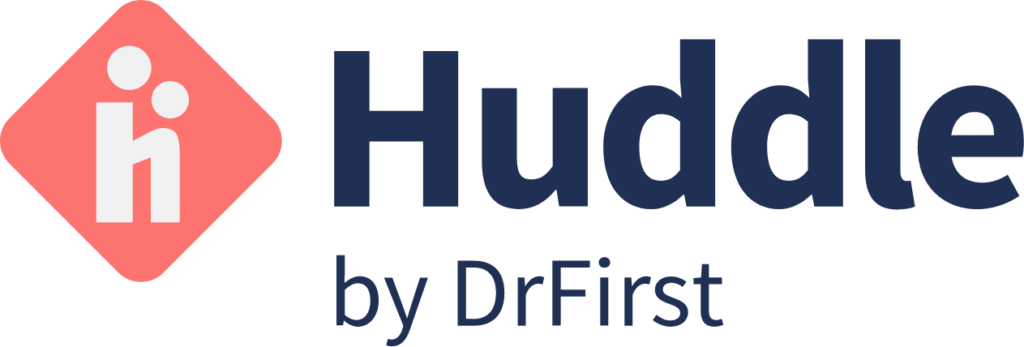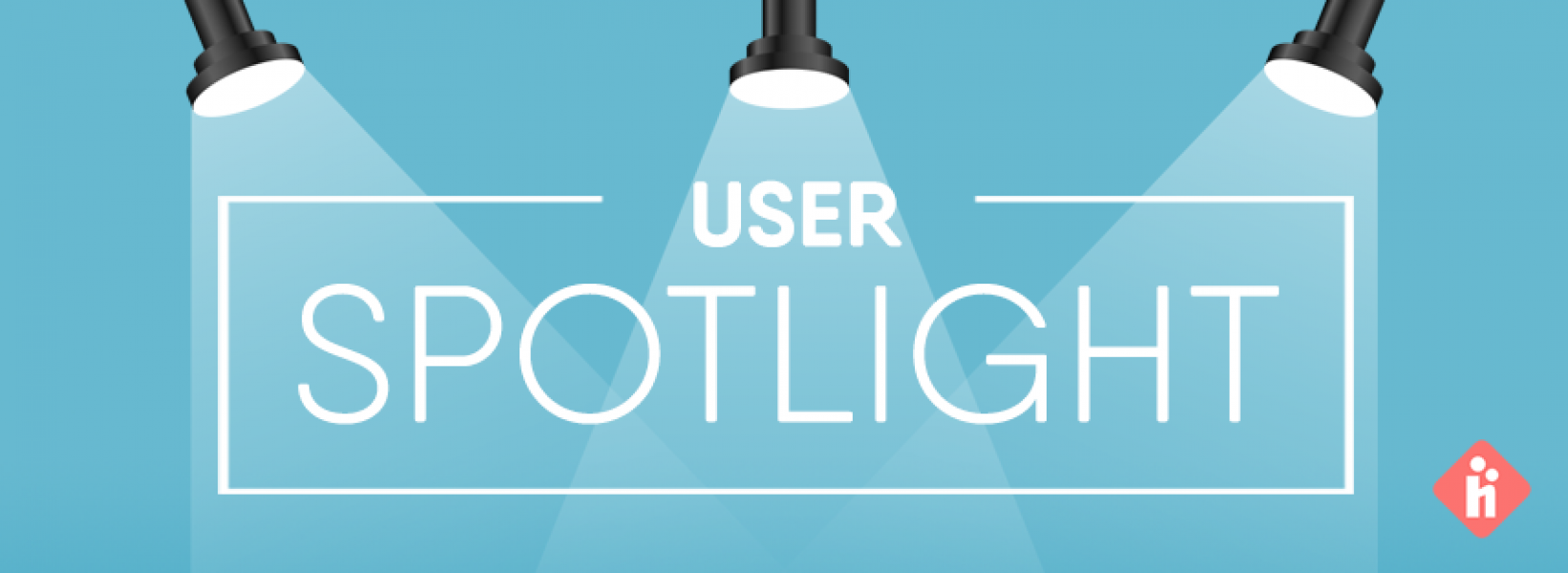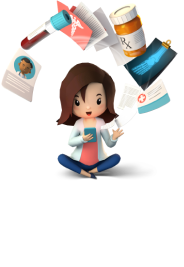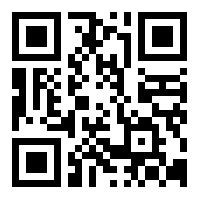Like many people, I’ve gone through some difficult transitions over the past few years. At the start of the COVID-19 pandemic, I was rushed to the emergency room of my local hospital after experiencing severe pain. That visit evolved into dozens of appointments with various providers, which ultimately resulted in the diagnosis of a chronic condition that will require consistent monitoring for the rest of my life.
Suddenly, I was experiencing first-hand how difficult it is to manage ongoing care in our complex, disjointed medical system. I shouldn’t have been surprised.
Years ago, when my father was diagnosed with dementia, my mother became his primary caregiver. She spent hours collecting documents and medical records, and carried a file with her to every appointment with a list of my father’s medications, providers, past and future appointments, lab results, and the questions she wanted to pose to various doctors.
I didn’t fully understand the weight of her responsibilities until I was faced with my own medical issue. When my appointments became more frequent and I started receiving inconsistent information from different providers, I realized I needed to take more control of my own care. And my mother’s method of printed records and overflowing file folders wasn’t going to work for me.
That’s when I discovered Huddle Health, a digital app that stores my personal health record (PHR).
Huddle gives me one place to track my medications, dosages, changes in treatment plans, providers, and anything else I think my doctors need to know. If my mother had used Huddle, she wouldn’t have needed to carry physical files with her everywhere. If a record was lost, it was tragic for her, taking hours to recollect the data and hoping it was complete. With a PHR app, she would have been able to pull up the records and know they were as complete as her last login.
When I started on my own healthcare journey, I didn’t realize how important it was to keep everyone updated about my condition and treatment plans. For example, my dentist can’t prescribe certain medications because they aren’t compatible with my prescriptions. To help avoid adverse reactions, I now store records of all my medications so I can share that information easily with every provider. I also have test results, referrals, and other important notes handy to leave no doubt that every provider has the information he or she needs.
At first, I thought all these little details wouldn’t matter or that I could remember the most important information, but when under stress, I can state unequivocally that we don’t remember. We overestimate our ability to absorb information.
Even for those who don’t need ongoing treatment or have a persistent medical issue, Huddle is convenient for tracking annual physicals, eye exams, and dental appointments so you have the exact dates easily accessible. You can also see when you’re due to schedule your next appointment and have a copy of your insurance card handy.
My condition is under control now, and I simply update my PHR when something changes or I have an appointment with a new provider. Despite the difficulties of the past year, a powerful app has made it easier to manage a chronic condition and a complex medical system.
Laura Powers is a senior support staff member at DrFirst.




